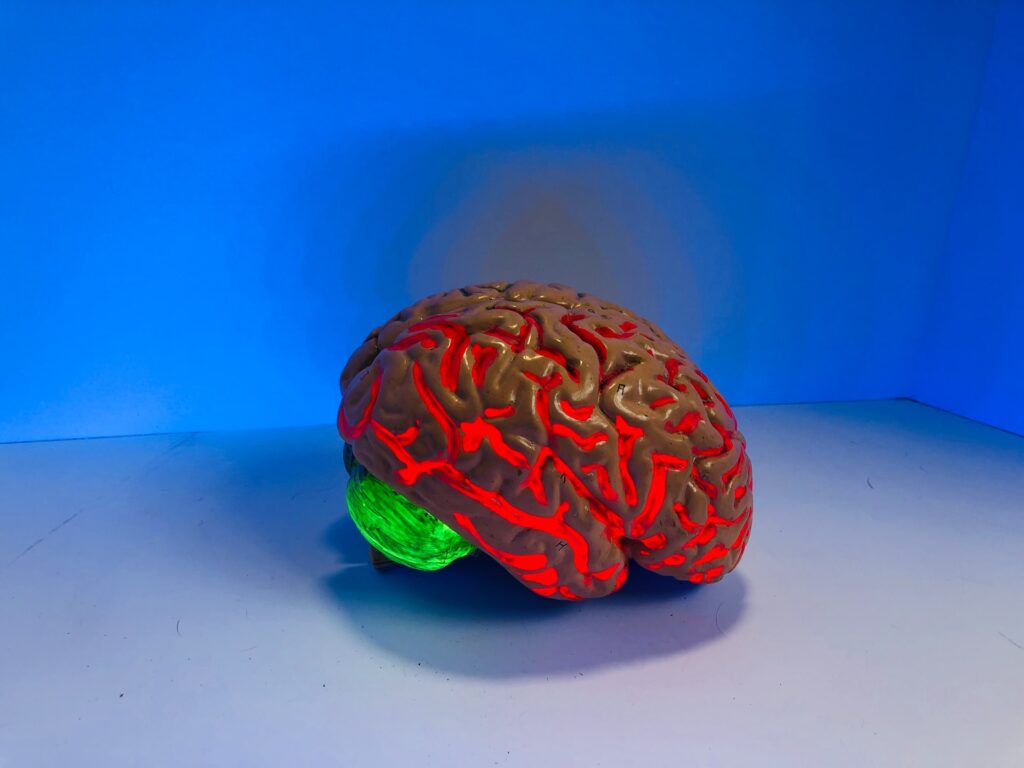Hypnosis is more than just a party trick, it measurably changes how the brain works, says a UK researcher.
Hypnosis significantly affects the activity in a part of the brain responsible for detecting and responding to errors, says John Gruzelier, a psychologist at Imperial College in London. Using functional brain imaging, he also found that hypnosis affects an area that controls higher level executive functions.
“This explains why, under hypnosis, people can do outrageous things that ordinarily they wouldn’t dream of doing,” says Gruzelier, who presented his study at the British Association for the Advancement of Science Festival in Exeter, UK.
The finding is one of the first to indicate a biological mechanism underpinning the experience of hypnosis. Gruzelier hopes it will also benefit emerging research showing, for example, that hypnosis can help cancer patients deal with painful treatments.
Highly susceptible
Gruzelier and his colleagues studied brain activity using an fMRI while subjects completed a standard cognitive exercise, called the Stroop task. The team screened subjects before the study and chose 12 that were highly susceptible to hypnosis and 12 with low susceptibility. They all completed the task in the fMRI under normal conditions and then again under hypnosis.
Throughout the study, both groups were consistent in their task results, achieving similar scores regardless of their mental state. During their first task session, before hypnosis, there were no significant differences in brain activity between the groups.
But under hypnosis, Gruzelier found that the highly susceptible subjects showed significantly more brain activity in the anterior cingulate gyrus than the weakly susceptible subjects. This area of the brain has been shown to respond to errors and evaluate emotional outcomes.
The highly susceptible group also showed much greater brain activity on the left side of the prefrontal cortex than the weakly susceptible group. This is an area involved with higher level cognitive processing and behaviour.
Gruzelier concludes that, under hypnosis, these brain areas are having to work much harder to achieve the same cognitive task results. “This is confirming our model of hypnosis with very direct evidence of brain function,” he says.
Peter Naish, at the UK’s Open University, says this moves the understanding of hypnosis away from the popular misconceptions created by showy stage hypnotists.
“We have a technique that has now moved towards evidence-based treatments,” he says. “Gruzelier’s work is showing for sure that the brain is doing quite different things under hypnosis than in normal everyday existence.”
Clinical trials of therapeutic hypnosis are starting to confirm its potential benefits. Christina Liossi, a psychologist at the University of Wales in Swansea, recently conducted a study of 80 cancer patients aged 6 to 16.
She found that those under hypnosis experienced far less pain during treatments than control children, who simply talked to the researchers normally.
Original Link: http://www.newscientist.com/article.ns?id=dn6385



